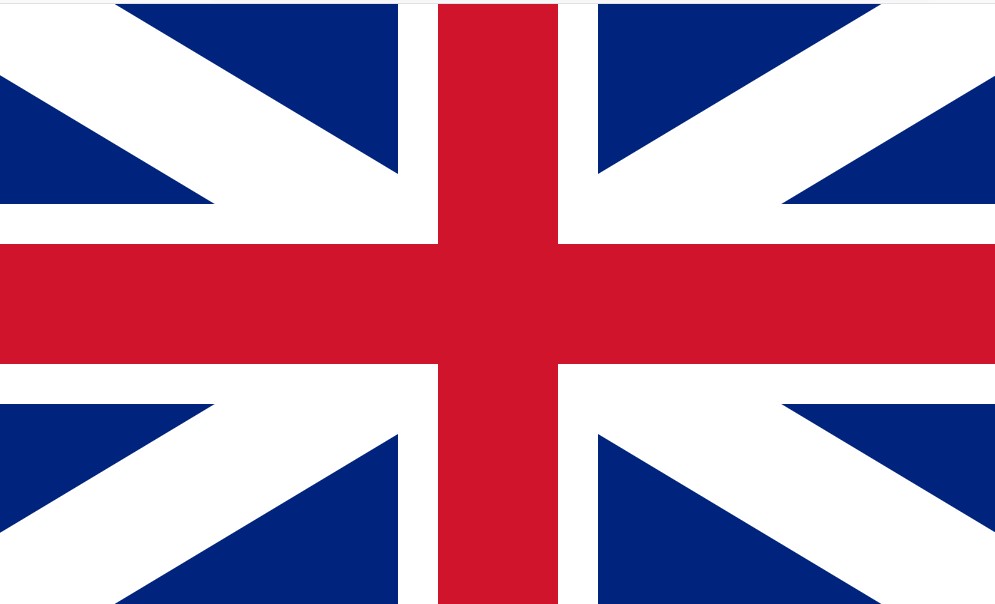Samuel Adams submits “The Rights of the Colonists” to the Boston Committee of Practical Correspondence, outlining the “Infringements and violations of the rights of the colonists, and of this province in particular, as men as Christians, and as subjects,” and asserting their “Natural Rights of the Colonists as:
Men, among the natural rights of the Colonists are these:
First, a right to life;
Secondly, to liberty;
Thirdly, to property; together with the right to support and defend them in the best manner they can; to all positive and civil laws should conform, as far as possible, to the law of natural reason and equity; The natural liberty of man is to be free from any superior power on earth, and not to be under the will or legislative authority of man, but only to have the law of nature for his rule;
Christians: Magna Charta [sic] itself is in substance but a constrained declaration or proclamation and promulgation in the name of the King, Lords, and Commons, of the sense the latter had of their original, inherent, indefeasible natural rights, as also those of free citizens equally perdurable with the other….that this recognition was justly obtained of King John, sword in hand. And peradventure it must be one day, sword in hand, again rescued and preserved from total destruction and oblivion.
Subjects: The absolute rights of Englishmen and all freemen, in or out of civil society, are principally personal security, personal liberty, and private property; all persons born in the British American Colonies are, by the laws of God and nature and by the common law of England, exclusive of all charters from the Crown, well entitled, and by acts of the British Parliament are declared to be entitled, to all the natural, essential, inherent, and inseparable rights, liberties, and privileges of subjects born in Great Britain or within the realm. The inhabitants of this country [realm], in all probability, in a few years, will be more numerous than those of Great Britain and Ireland together; yet it is absurdly expected by the promoters of the present measures that these, with their posterity to all generations, should be easy, while their property shall be disposed of by a House of Commons at three thousand miles’ distance from them, and who cannot be supposed to have the least care or concern for their real interest; who have not only no natural care for their interest, but must be in effect bribed against it, as every burden they lay on the Colonists is so much saved or gained to themselves.
[restored 6/12/2021]
Subsequent Events:
Authority:
Magna Carta, Chapter 61
ccc-2point0.com/Magna-Carta
References:
Bernard Bailyn, The Ideological Origins of the American Revolution, enlarged edition, (1967; Cambridge and London: The Belknap Press of the Harvard University Press, 1992), 117.
The Rights of the Colonists: Samuel Adams, 1772
history.hanover.edu/texts/adamss.html
Resolutions of a Boston Town Meeting Against the King
www.committee.org/cos26801.htm


